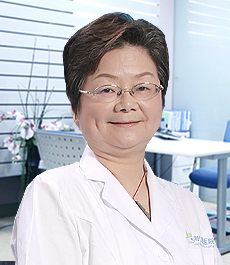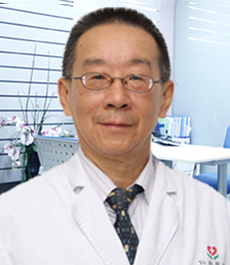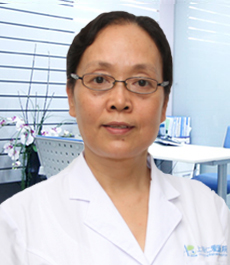Introduction
Acupuncture is the practice that most often comes to mind when thinking of Chinese medicine, but T.C.M. represents a much broader system of medicine that includes herbs, massage, diet and exercise therapy. The underlying basis of T.C.M. is that all of creation is born from the interdependence of two opposite principles, yin and yang. These two opposites are in constant motion, creating a fluctuating balance in the healthy body. Disease results when either yin or yang is in a state of prolonged excess or deficiency. Traditional Chinese medicine, which encompasses many different practices, is rooted in the ancient philosophy of Taoism and dates back more than 5,000 years. Today, T.C.M. is practiced side by side with Western medicine in many of China's hospitals and clinics.
Treatment
T.C.M. emphasizes individualized treatment. Practitioners traditionally used four methods to evaluate a patient's condition: observing (especially the tongue), hearing/smelling, asking/interviewing, and touching/palpating (especially the pulse). T.C.M. practitioners use a variety of therapies in an effort to promote health and treat disease. The most commonly used are Chinese herbal medicine and acupuncture.
Our Services
Renai T.C.M. offers treatments that are helpful for a number of conditions such as: irregular menstruation, dysmenorrhea, fracture, dislocation, insomnia, facial paralysis, small breast disease, myopia, sub-health, chloasma, endocrine system diseases, allergic rhinitis, liver disease etc..

 (8621)54893781,64688888-801/810
(8621)54893781,64688888-801/810  info@renai.cn
info@renai.cn Chinese
Chinese












 沪公网安备 31010402006742号
沪公网安备 31010402006742号